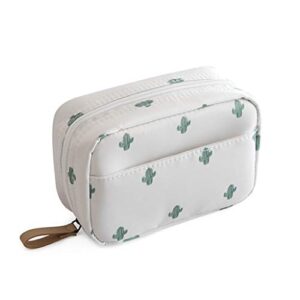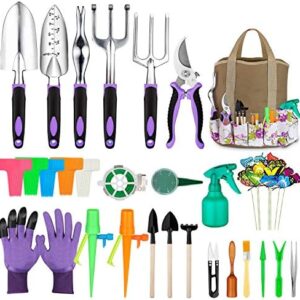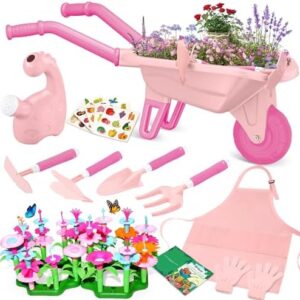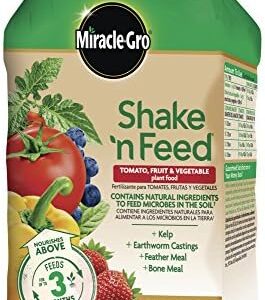There’s a secret weapon in the world of organic farming that many people don’t know about, but it’s one of the most powerful tools at a farmer’s disposal. It’s called composting, and it’s the key to creating sustainable and healthy soil for growing crops.
Composting is the process of breaking down organic matter, such as food scraps, yard waste, and manure, into a nutrient-rich soil amendment. This process not only helps reduce waste going to landfills, but it also provides a natural and cost-effective way to improve soil health and fertility.
When organic matter decomposes, it releases valuable nutrients like nitrogen, phosphorus, and potassium, which are essential for plant growth. These nutrients help feed the soil, making it more fertile and productive. In addition, compost helps improve soil structure, which increases its ability to retain water and support healthy root growth.
One of the biggest benefits of composting is its ability to reduce the need for synthetic fertilizers and pesticides. By using compost as a natural fertilizer, farmers can avoid harmful chemicals that can damage the environment and human health. This not only promotes sustainability in agriculture but also helps protect the health of consumers who eat the crops grown in compost-enriched soil.
Composting also helps sequester carbon in the soil, which can help mitigate climate change. When organic matter decomposes in a landfill, it releases methane, a potent greenhouse gas that contributes to global warming. By composting organic waste instead, farmers can prevent methane emissions and help reduce their carbon footprint.
In addition to its environmental benefits, composting can also save farmers money. By reducing the need for synthetic fertilizers and pesticides, farmers can cut down on input costs and increase their profits. Compost can also help reduce erosion and improve soil fertility over time, leading to healthier crops and higher yields.
Composting is a simple and accessible practice that can be done on a small or large scale. Farmers can start composting by collecting organic waste from their farm or local community and creating a compost pile or bin. With regular turning and monitoring, the compost will break down into a dark, crumbly material that can be added to the soil to enrich its fertility.
There are many different methods of composting, from traditional static piles to more modern aerobic composting systems. Each method has its own benefits and challenges, but all can be effective in creating high-quality compost for organic farming.
As more farmers and consumers become aware of the benefits of composting, its use in organic farming is on the rise. Many organic farms now incorporate composting into their soil management practices, leading to healthier and more sustainable agricultural systems.
In conclusion, composting is a powerful tool in organic farming that can help promote sustainability, improve soil health, and protect the environment. By harnessing the power of compost, farmers can create healthy and productive soil for growing crops while reducing their impact on the planet. So next time you see a pile of food scraps or yard waste, think about composting and its potential to feed the soil and nourish the planet.






